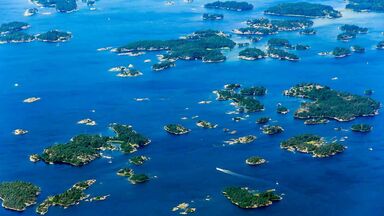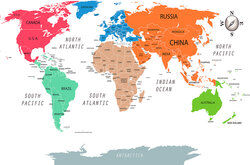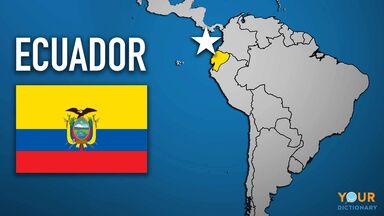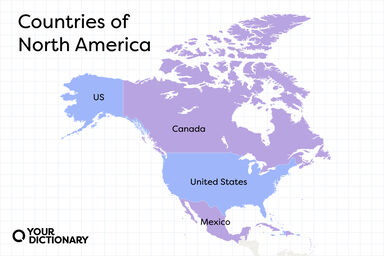Island Definition
To isolate.
Other Word Forms of Island
Noun
Origin of Island
-
From earlier iland, from Middle English iland, yland, ylond, from Old English īġland, īeġland, ēaland (“island”), from Old English īeġ (“island”) (from Proto-Germanic *awiz, *awjō (“island, water, waterland, meadow”), from Proto-Indo-European *akw- (“water”)) + land (“land”), equivalent to ea + land. Cognate with Scots iland, yland (“island”), West Frisian eilân (“island”), Saterland Frisian Ailound (“island”), Dutch eiland (“island”), Low German Eiland (“island”), German Eiland (“island”), Danish øland (“island”), Icelandic eyland (“island”). The erroneous insertion of s—a late (16th century) spelling modification—is due to unrelated term isle. Related also to German Aue (“water-meadow”), Latin aqua (“water”). More at ea.
From Wiktionary
-
Alteration (influenced by isle) of Middle English ilond from Old English īegland īg, īeg akw-ā- in Indo-European roots land land lendh- in Indo-European roots
From American Heritage Dictionary of the English Language, 5th Edition
Find Similar Words
Find similar words to island using the buttons below.





